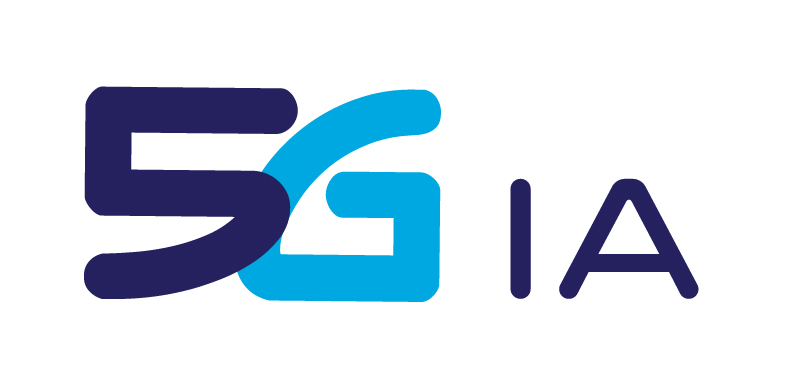

- About us
- Getting Involved
- Plans & Papers
- Events
- European 5G Activities
- Media & News
- Contact
5G-ENSURE launched early November 2015 to make 5G networks and systems secure and trustworthy
5G, the 5th generation of mobile and wireless networks, promises to deliver not just blistering speeds but also more efficient connected devices by minimising unnecessary data transmission, using them only when needed. 5G is also expected to bring greater reliability of systems we may be using five years from now, like remote traffic control or surgery. The 5G infrastructure will have to cope with billions of small devices in the Internet of Things (IoT), and billions of heavy data consumers. It will have to be a seamless infrastructure satisfying everyone’s communications needs, invisibly but dependably. Horizon 2020, the largest ever EU Research and Innovation funding programme, has allocated funding for first phase projects of the European 5G Infrastructure Public Private Partnership (5G PPP). The projects focus on the challenges of creating a communications infrastructure capable of coping with all future demands by 2020, helping to create new markets for the Digital Single Market, from Smart cities to eHealth.
The 5G-ENSURE project brings to the 5G PPP a consortium of telecom and network operators, IT providers and cyber security experts addressing priorities for security and trustworthiness. The project has received funding of just over €7.5m out of a total €3.5bn for the 5G PPP initiative. The project officially kicked off on 1st November 2015 and the first face-to-face meeting was held in Helsinki on 2nd and 3rd November.
“5G-ENSURE will define and deliver a 5G Security Architecture, shared and agreed across the various 5G stakeholders. It will specify, develop and release an initial set of useful and usable security enablers for 5G”, say Petteri Mannersalo (VTT, Finland) and Pascal Bisson (Thales, France) who jointly manage 5G-ENSURE. For Europe to truly benefit from 5G services across sectors key to its economy, it is essential that trust and privacy are design priorities. 5G-ENSURE follows an innovative “Security by Design” approach where 5G inherent security needs are understood and addressed by design. The security mechanisms and tools will be demonstrated in the context of cyber security. A 5G testbed will be used for validating operational capacity in response to security and privacy issues. Standardisation is a common theme running through 5G-ENSURE, with many of the partners already contributing to relevant standards and security certification schemes to generate confidence and trust in future networks.
Doing security at the speed of 5G “Standardisation is crucial because it means we have common agreement on the most important technical and service requirements. Having security standards will ensure compliance to a common security baseline at network, service and product level. This guarantees global interoperability of 5G networks”, explains Luciana Costa, security consultant at the Security Lab Department, Telecom Italia Information Technology.
Working collaboratively with all the 5G PPP projects, 5G-ENSURE will provide the security architecture needed to expand the mobile ecosystem into an entirely new networked society, attracting new types of users and giving operators a platform for entirely new business opportunities. Last but not least, 5G-ENSURE is guided by an international Advisory Board , comprising recognised experts in 5G-related areas. All members hold influential positions covering standards setting organisations, the IT industry, policy and regulatory roles.
About 5G-ENSURE:
Links: http://www.5gensure.eu, @5gensure
Partners: The EG-ENSURE consortium is coordinated by VTT Technical Research Centre of Finland (FI) and technically managed by Thales (FR). The other partners are Alcatel-Lucent Bell Labs (FR), B-Com (FR), Ericsson (SE & FI), University of Southampton IT Innovation Centre (UK); NEC Europe (DE), Nixu (FI), Orange (FR), SICS Swedish ICT (SE), Thales Alenia Space España (ES), Telecom Italia Information Technology (IT), Trust-IT Services (UK) and University of Oxford (UK).
Contact: Petteri Mannersalo, VTT Technical Research Centre of Finland







Share On